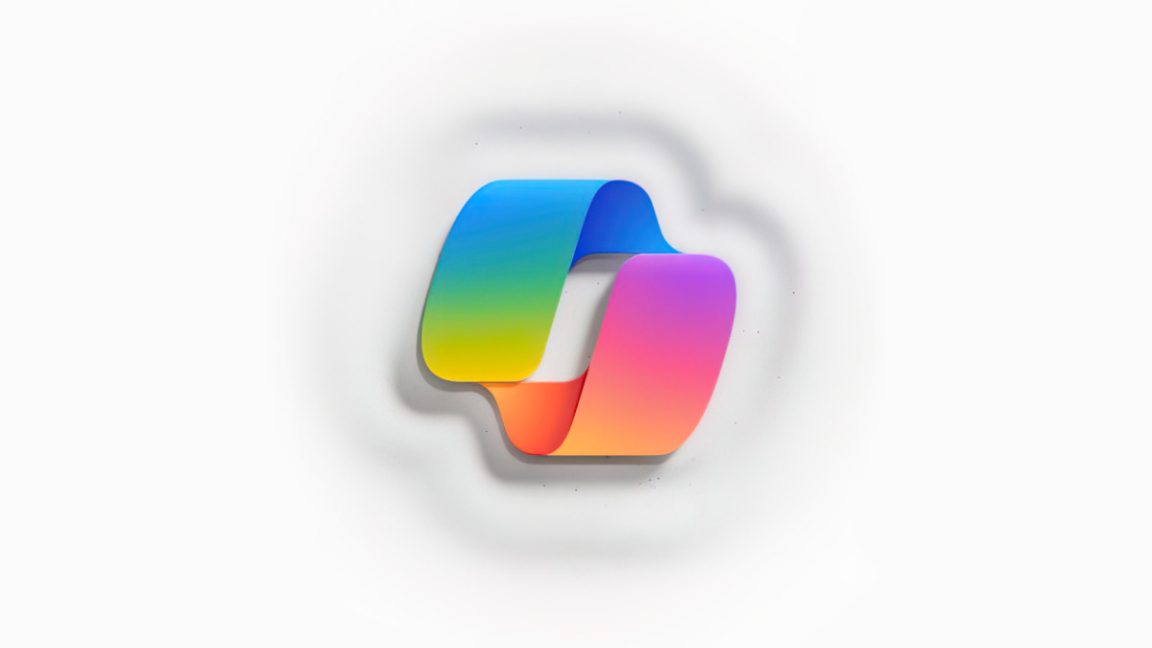
Credit: Microsoft
Microsoft's Office 365 suite will soon incorporate AI models from Anthropic alongside existing OpenAI technology, The Information reported, ending years of exclusive reliance on OpenAI for generative AI features across Word, Excel, PowerPoint, and Outlook.
The shift reportedly follows internal testing that revealed Anthropic's Claude Sonnet 4 model excels at specific Office tasks where OpenAI's models fall short, particularly in visual design and spreadsheet automation, according to sources familiar with the project cited by The Information, who stressed the move is not a negotiating tactic.
Anthropic did not immediately respond to Ars Technica's request for comment.
In an unusual arrangement showing the tangled alliances of the AI industry, Microsoft will reportedly purchase access to Anthropic's models through Amazon Web Services—both a cloud computing rival and one of Anthropic's major investors. The integration is expected to be announced within weeks, with subscription pricing for Office's AI tools remaining unchanged, the report says.
Microsoft maintains that its OpenAI relationship remains intact. "As we've said, OpenAI will continue to be our partner on frontier models and we remain committed to our long-term partnership," a Microsoft spokesperson told Reuters following the report. The tech giant has poured over $13 billion into OpenAI to date and is currently negotiating terms for continued access to OpenAI's models amid ongoing negotiations about their partnership terms.
Stretching back to 2019, Microsoft's tight partnership with OpenAI until recently gave the tech giant a head start in AI assistants based on language models, allowing for a rapid (though bumpy) deployment of OpenAI-technology-based features in Bing search and the rollout of Copilot assistants throughout its software ecosystem. It's worth noting, however, that a recent report from the UK government found no clear productivity boost from using Copilot AI in daily work tasks among study participants.
Strategic hedging in the AI arms race
For its part, OpenAI has also begun to distance itself from its primary investor. In June, it struck a deal to use Google's cloud computing infrastructure for AI despite the two companies' fierce competition in the space, marking a shift in OpenAI's strategy to diversify its computing resources beyond Microsoft Azure, which had been its exclusive cloud provider until January.
OpenAI is also planning to launch a jobs platform that may compete with Microsoft's LinkedIn, and OpenAI plans to begin mass-producing its own AI chips with Broadcom in 2026 to lessen its dependence on outside providers.
This type of diversification likely reflects evolving AI strategies for both OpenAI and Microsoft as demand for AI features outpaces any single provider's capacity. Beyond the Anthropic addition, Microsoft has been developing its own proprietary AI models and began offering DeepSeek's technology through its Azure cloud platform in January. Microsoft already offers multiple AI models, including Claude, through its GitHub Copilot development platform.
For Anthropic, the Microsoft deal represents a significant paper win against its rival. Founded in 2021 by ex-OpenAI executives, including CEO Dario Amodei, Anthropic has positioned its Claude models as "more steerable" alternatives to ChatGPT. Amazon's $4 billion investment (which began in 2023) in Anthropic provided both capital and computing infrastructure through Amazon Web Services —resources Microsoft will now indirectly use to power its own products.

-
 C114 Communication Network
C114 Communication Network -
 Communication Home
Communication Home


